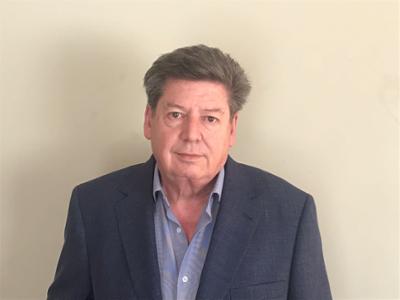

Gustavo Álvarez (AEDICI): "It is necessary to involve installation engineering from the start of the project"

Gustavo Álvarez, vice-president of the Spanish Association of Installation Engineering and Consulting Engineers (AEDICI), states in the following interview that in order to achieve a reduction in the carbon footprint of buildings it is essential to involve these professionals from the start of the project. He also explains the new opportunities in the sector for this year.
What are the major challenges for HVAC and refrigeration engineers and consultants in 2023?
I believe that the biggest challenge for engineers is to reduce the carbon footprint of the buildings they design. Installations are the most important part of this task and to achieve results it is essential to involve installation engineering from the start of the project. Without this, it will be very difficult to achieve this task, which is why we also need to make it clear to society that our profession is indispensable in the sustainable development of buildings.
In this new framework of building development that you mention, what new opportunities could arise this year?
We believe that the European Funds will bring public building activity into focus and will create major development opportunities for all of us involved in construction. Moreover, the development of technology companies will undoubtedly be of great importance. Not only at the level of large data centres, but also in the field of tertiary buildings. Logistics has definitely become an economic engine that needs the services of AEDICI members in its real estate development.
In addition to these services, what goals has the Association set itself for this year?
In line with the above, one of the Association's goals is to convey the need for the installation engineer as an independent agent at the service of society and clients, directly and without intermediaries, as is the case in our European environment. In these countries, the installation engineer is contracted directly by the owner, and is therefore responsible for the project and its correct execution. However, in Spain it is common for the presence of installation engineers to end after the project has been delivered, or if they do not disappear altogether, they do not have sufficient control over the development of the project and, therefore, do not participate in possible changes or modifications.
The owners must be aware that it is essential for their interests for installation engineers to maintain their independence in the project and control its implementation, in order to achieve the desired technical and economic results.
In this respect, AEDICI is organising the First National Conference on Installation Engineering on 13 June, in which, through presentations, it will explain to society the functions it performs within the building process.




